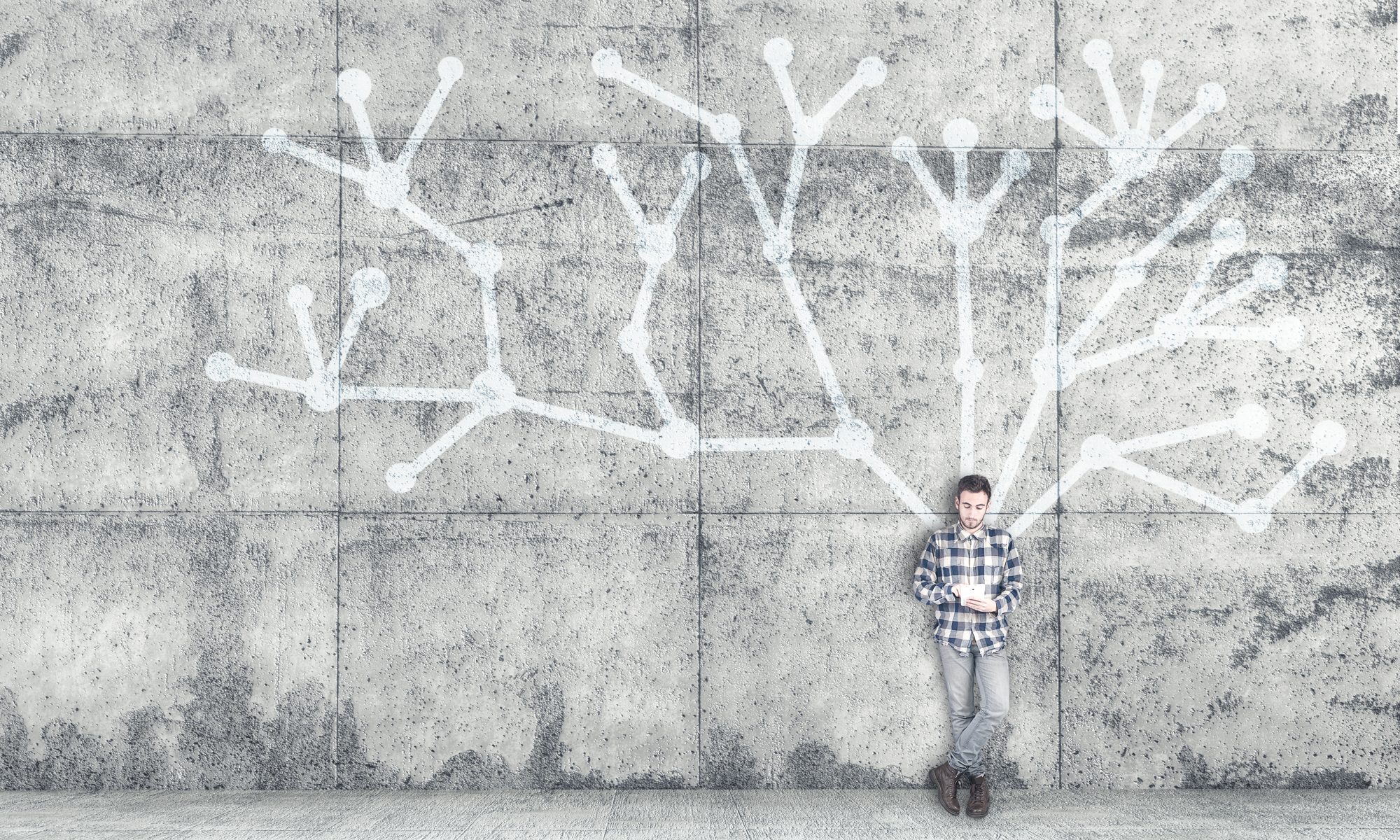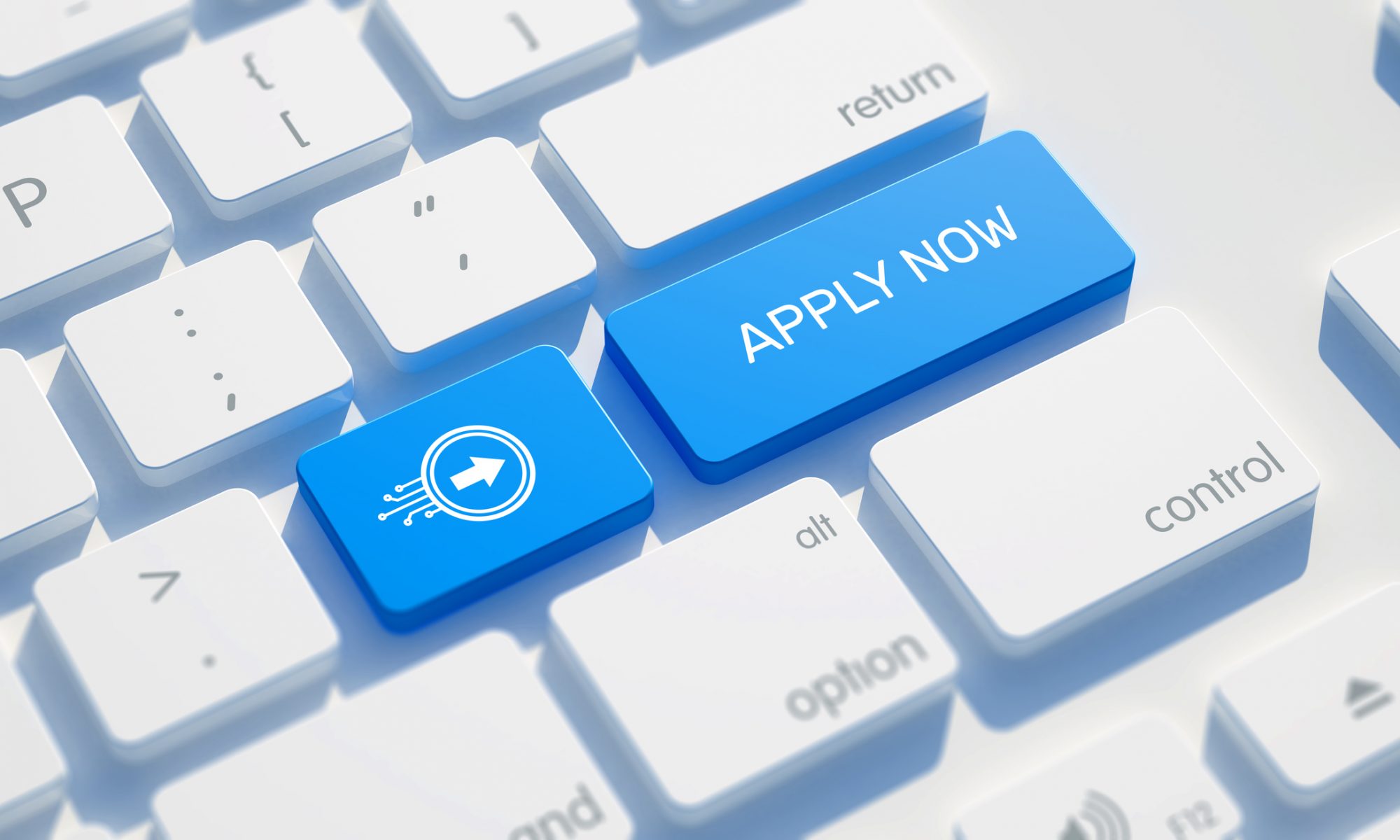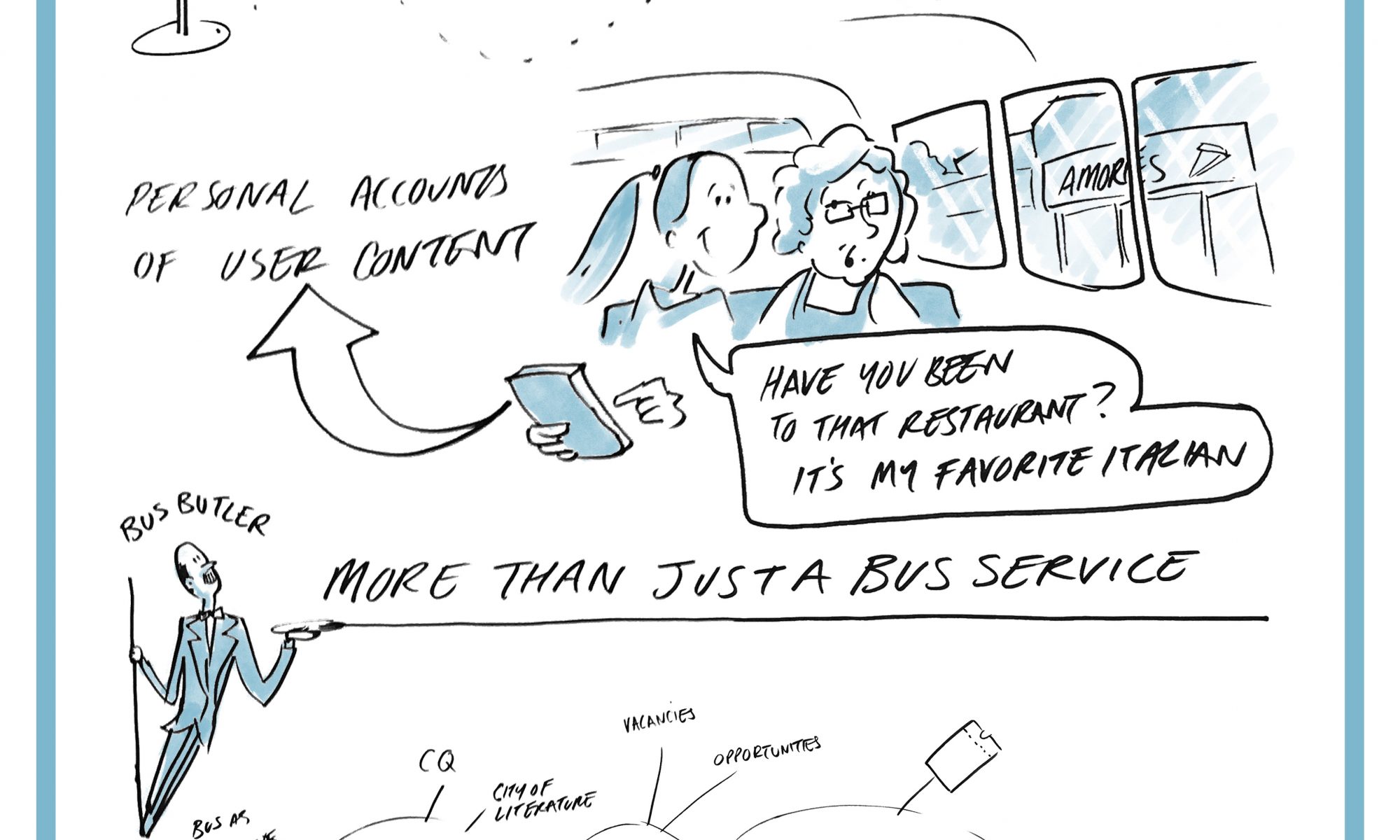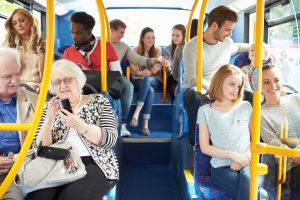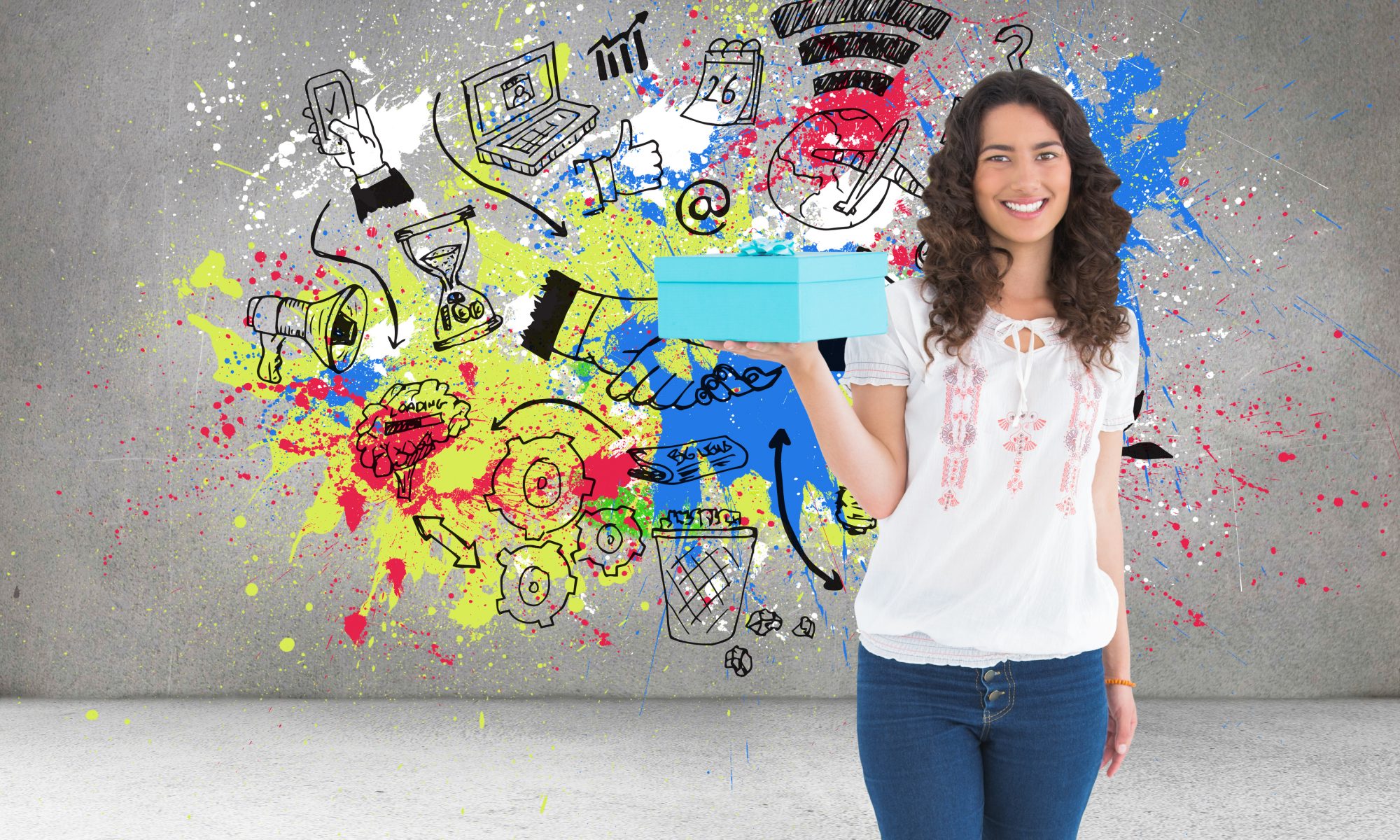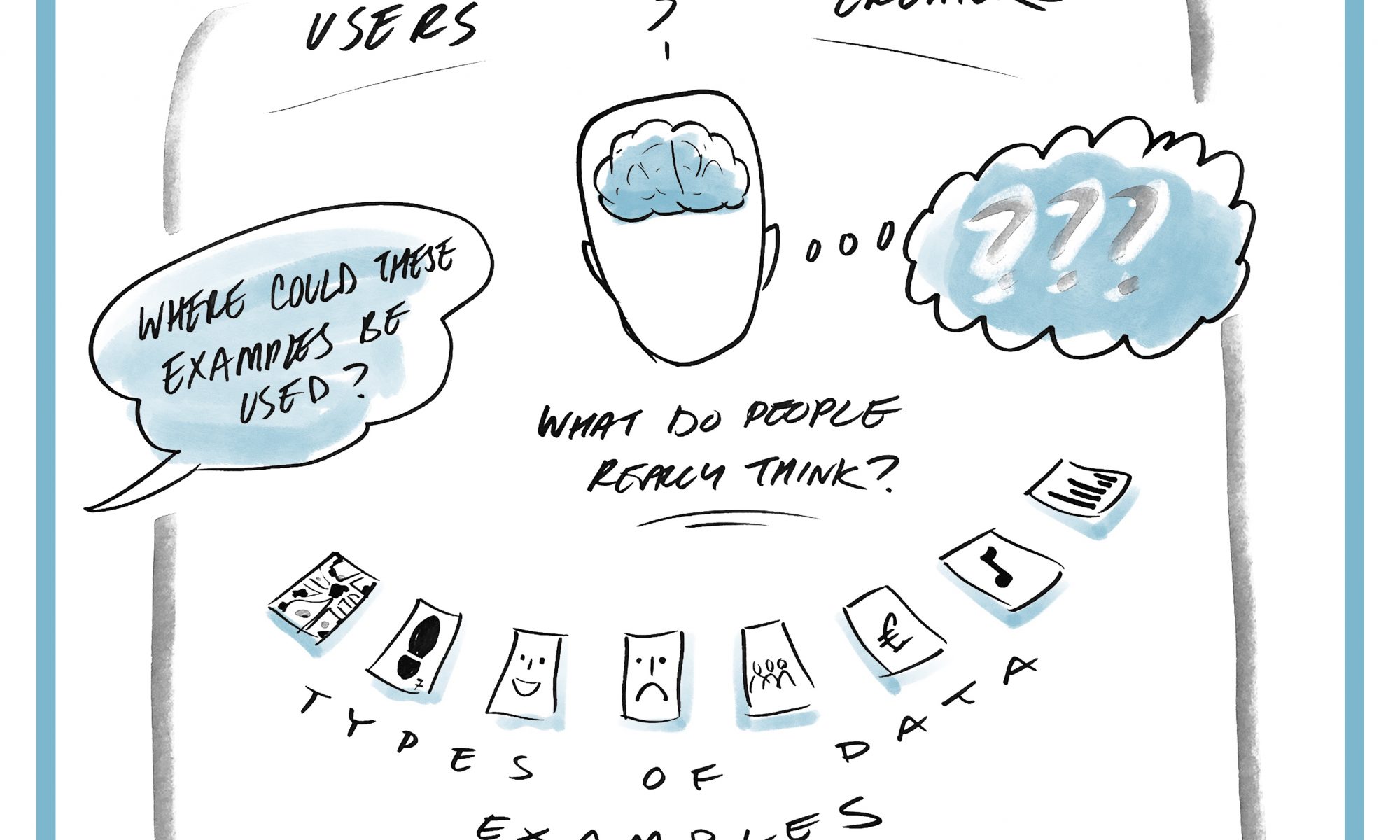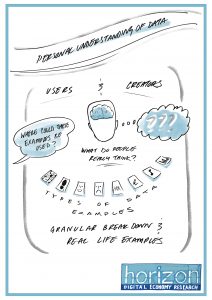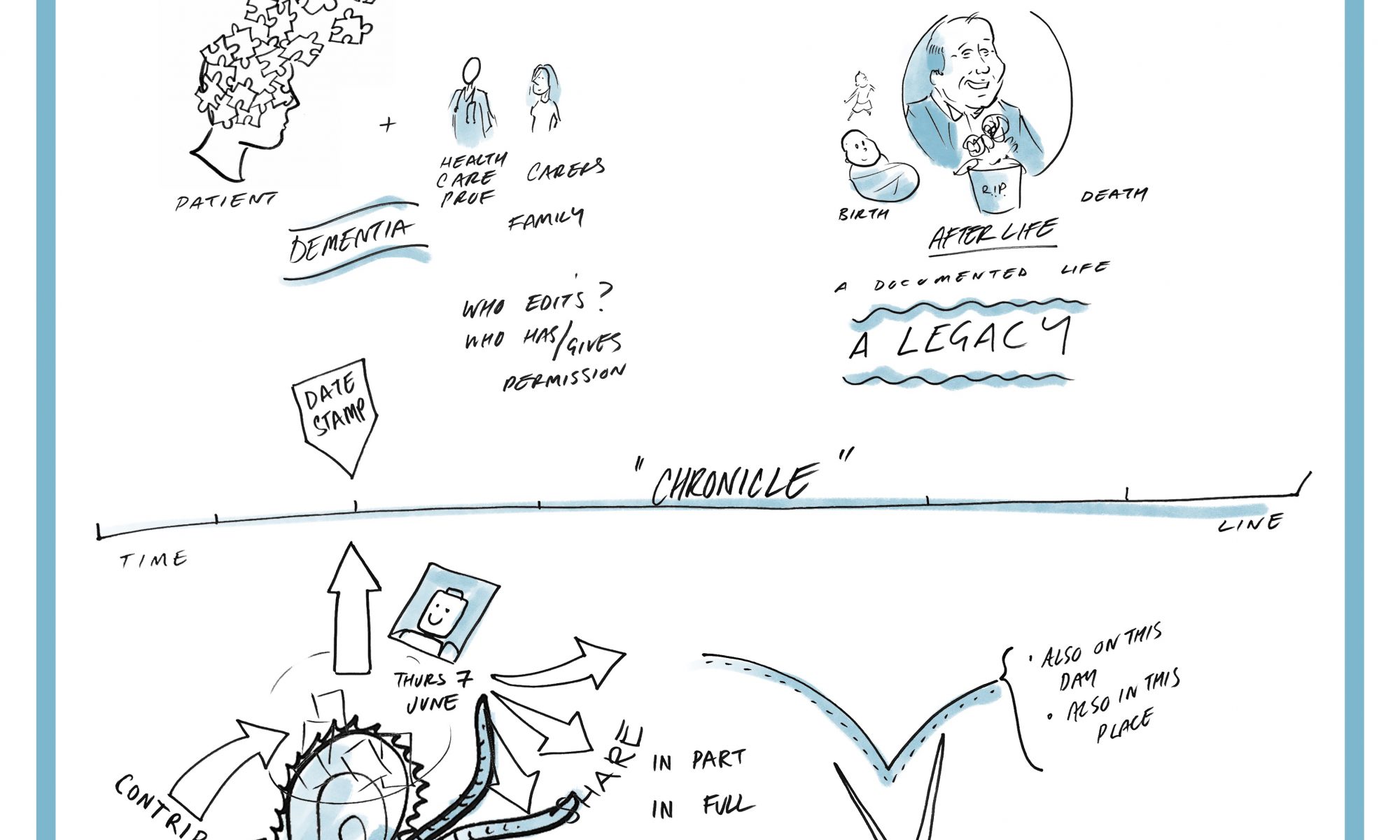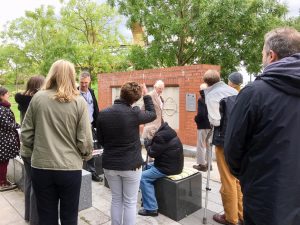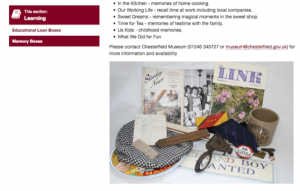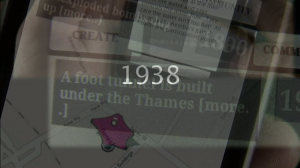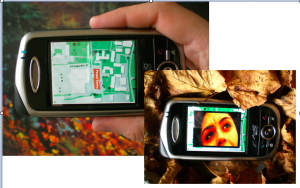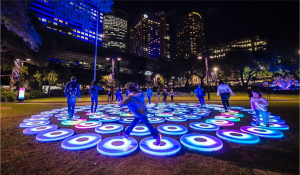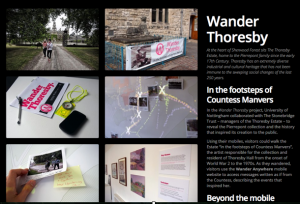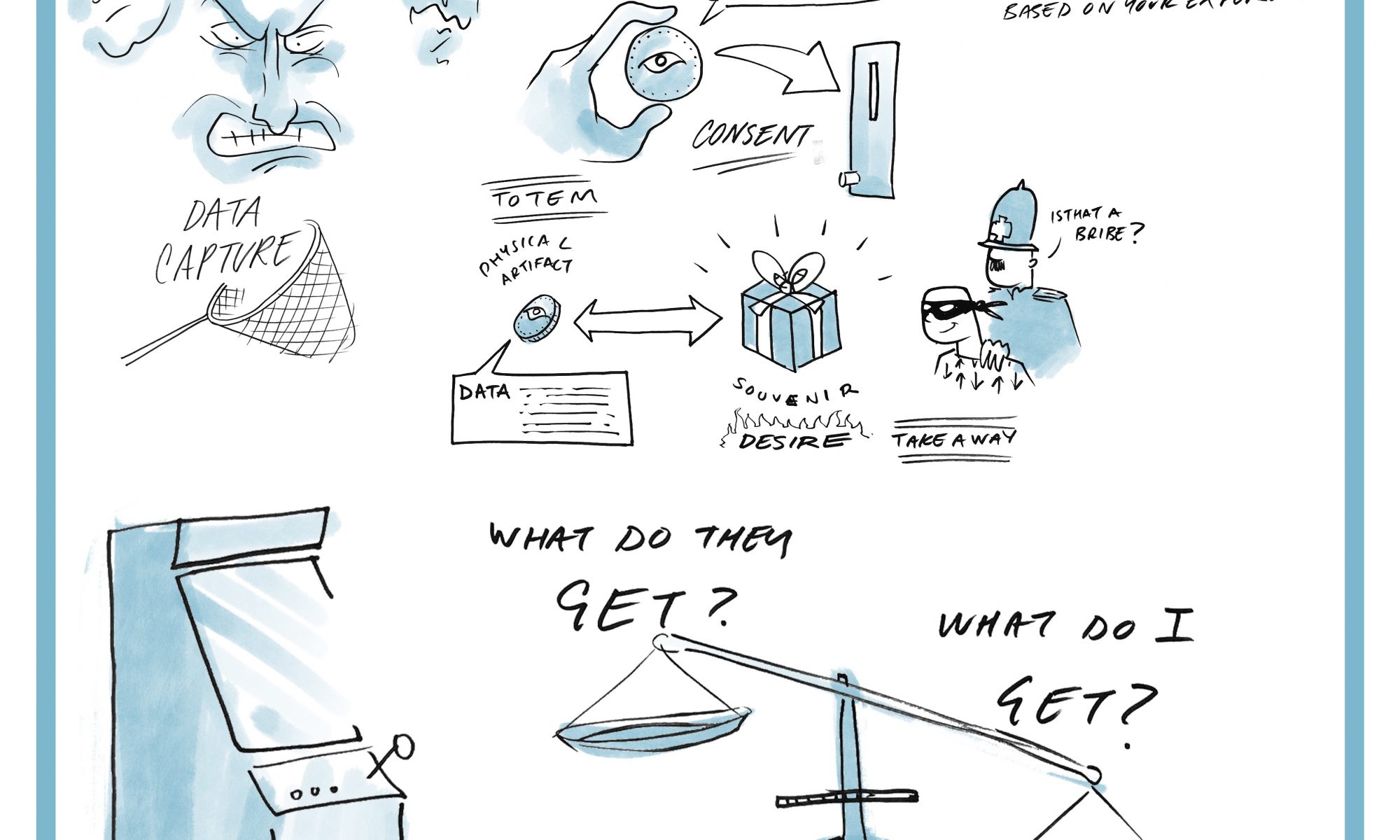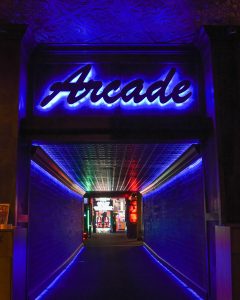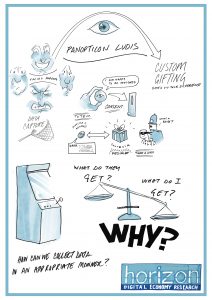Overview
The Memory Machine project aims to create a device that allows for the contextualisation of personal memories (e.g., pictures, videos, music) into a core ’timeline’ of other shared and public multimedia content from various sources. This device (the Memory Machine, or MeMa) can be used a personalised digital souvenir or digital repository for the end-of-life. These artefacts will not only encapsulate rich emotional value in themselves, but offer engaging tools for personal reflection, history education, interventions for dementia care and for accessing cultural heritage.
An overview of the Memory Machine project can be found at on the Horizon website and on the project blog. We have completed the 4 workshops detailed on the project blog and have collected plenty of design material for a potential design of a physical memory machine. We have also completed some preliminary analysis of the workshop data and narrowed the design down to a small number of potentials. We are now at the point where we desire to build a fully functional prototype.
Accordingly, we welcome applications for an internship that will focus on producing designs (in the form of technical diagrams) for one or more Memory Machine prototypes. The successful candidate will work with the project team to produce the required designs.
Closing date
Applications must be made before the 1st of July 2019 and are assessed on an ongoing basis.
Proposed dates
The Internship will run 10 weeks, and is available for successful candidates to start as soon as possible. Please indicate your availability on the application form, where requested.
Accordingly, we welcome applications for an internship that will focus on producing designs (in the form of technical diagrams) for one or more Memory Machine prototypes. The successful candidate will work with the project team to produce the required designs.
Who should apply?
Ideal applicants should be studying for a postgraduate degree in engineering or product design.
Required skills
- Technical drawing skills.
- Background in design and/or engineering.
Eligibility and financial aspects
This is a full-time internship for 10 weeks. For postgraduate students who receive a stipend from their home university during the internship, a bursary of £300 per week will be available. For postgraduate students who suspend their stipend, a casual wage of £350 per week will be available, and this may be subject to tax deductions depending on the successful candidate’s circumstances.
In general, students from The University of Nottingham are able to apply on the understanding they suspend their stipend, this is due to the nature of the funding source. For overseas students a Visa must be in place, covering the duration of the internship.
Internships will be based at Jubilee Campus, The University of Nottingham (NG7 2TU), and may not be undertaken remotely.
Informal enquiries
Informal enquiries may be made to Dominic Price, however applications should be made using the weblink below. Applications to this email address will not be accepted.
To apply, please complete the Internships Application Form
